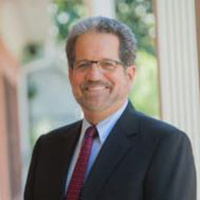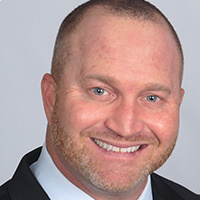Panacea White Collar Crime Lawyer, Florida
Sponsored Law Firm
-
 x
x

Click For More Info:
-
Joseph A. Gasparro, PA
813 Jackson Rd Jacksonville, FL 32225» view mapCriminal Defense Law Serving the Best Interests Of Our Clients
When you need accurate representation for criminal defense issues, Joseph Gasparro is there for you.
800-971-8621
Not enough matches for Panacea White Collar Crime lawyer.
Below are all Panacea Criminal lawyers.
Dean Robert LeBoeuf
✓ VERIFIEDDean R. LeBoeuf is the managing partner at Brooks, LeBoeuf, Foster, Gwartney, Leace & Hobbs, P.A. He focuses his practice on complicated civil litigat... (more)
Adrian Middleton
✓ VERIFIEDAdrian S. Middleton is an Associate in Middleton & Middleton’s Insurance and Administrative Law Divisions, where he focuses his practice on workers�... (more)
Christopher John Karpinski
✓ VERIFIEDChristopher practices law in Tallahassee and the surrounding areas.
 Joseph Gasparro Jacksonville, FL
Joseph Gasparro Jacksonville, FL AboutJoseph A. Gasparro, PA
AboutJoseph A. Gasparro, PA Practice AreasExpertise
Practice AreasExpertise



